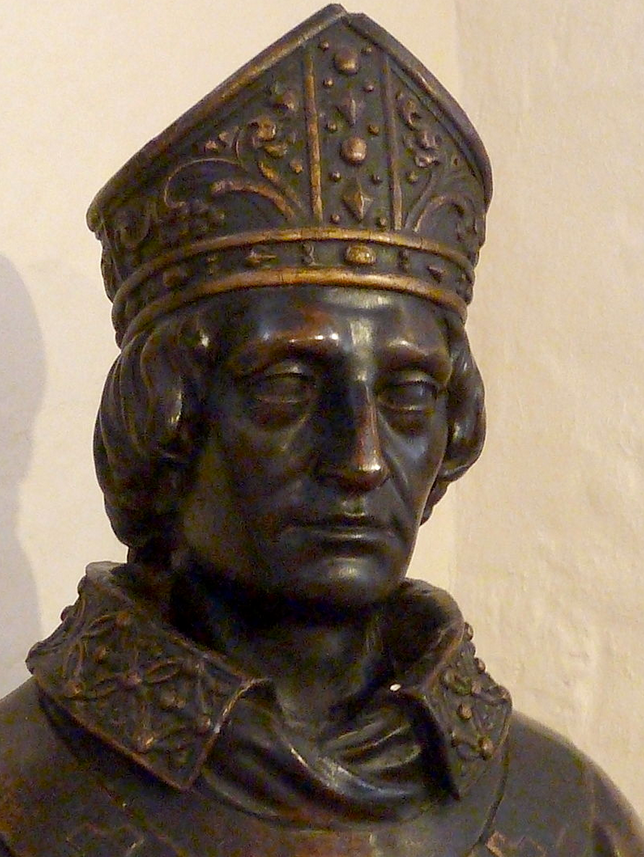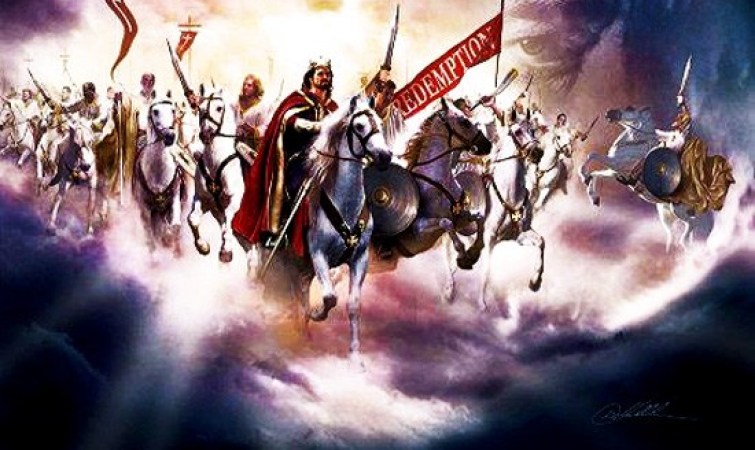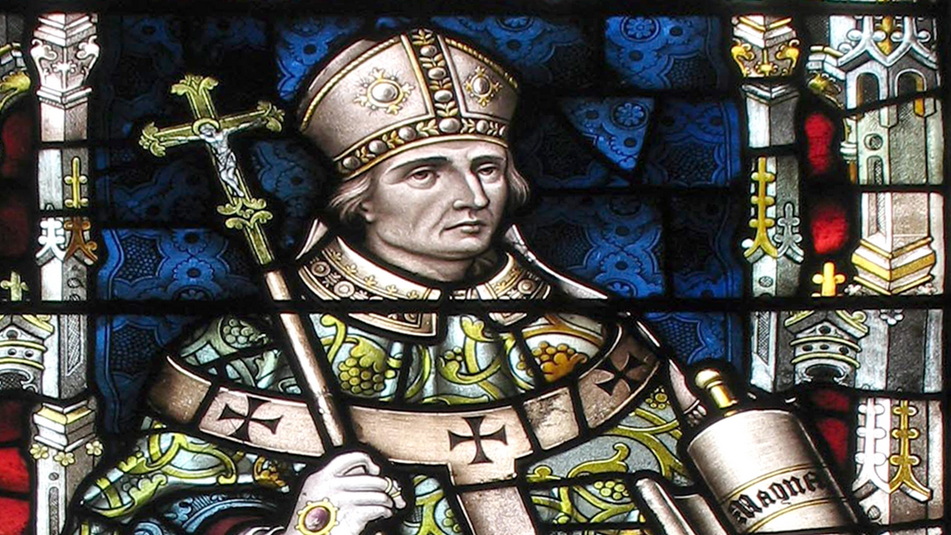
Editor’s note: The following is extracted from Short Lives of Great Men, by W. F. Burnside and A. S. Owen (published 1905).
In the year 1205, when John had been on the throne of England six years, died Hubert Walter, Archbishop of Canterbury and Justiciar of the Realm. Trained, as so many statesman-bishops had been, under Henry II, he had served him and his sons, Richard and John, with great ability, of which the nation at large rather than the See of Canterbury had reaped the benefit. The younger monks of Christchurch, Canterbury, wanted as his successor someone who would regard the interests of their establishment especially; so before Hubert Walter was buried they chose Reginald, their sub-prior, a vain and vulgar man, then secretly at night chanted a Te Deum in the cathedral, led him to the Archbishop’s stall, and so sent him off to Rome to obtain ratification of his appointment from the Pope before the King should get to know of it, ordering him strictly to tell no one on the way. But once across the Channel, Reginald, in elation at the high office, for which he was totally unfitted, assumed the state of ‘Arch bishop-elect,’ and lingered on his way. When he came to Rome, Pope Innocent III had to listen to the claims not only of Reginald, but of the bishops of the province, who were indignant that they had not been consulted, and of a deputation of sixteen monks, ordered by John to obtain ratification for the appointment to Canterbury of John de Grey, Bishop of Norwich, who had given the King evidence of military and administrative ability, for which gifts he was to be rewarded with the Primacy of the English Church.
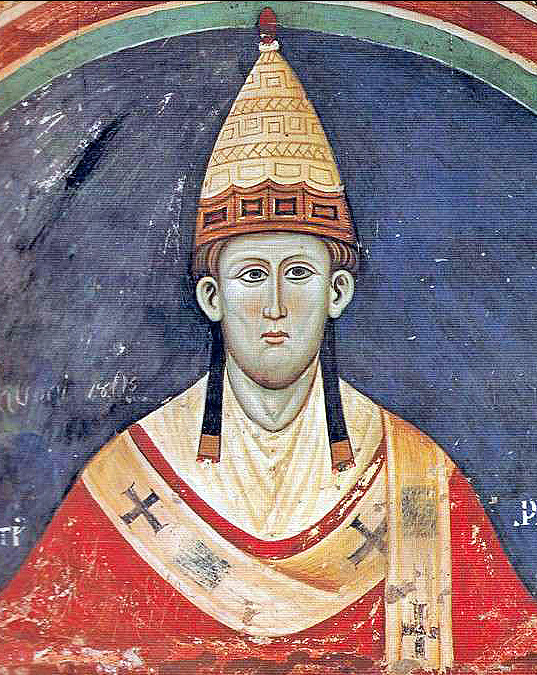
Innocent III was one of the ablest and one of the most ambitious of all the Popes. He wished to make the influence of the Papacy strongly felt in every nation of Europe, but he was also conscientiously resolved that men of wisdom, learning, and piety should fill the highest posts in the Church. Neither of the claimants could possibly find favour in his eyes. Reginald had no claims to prevent him being sent back to the obscurity from which he should never have been drawn.
John de Grey was another of those ecclesiastical statesmen who only received preferment because of their usefulness to the King in matters of administration. He cancelled Reginald’s selection as having been secret, and John de Grey’s as having been irregular in taking place during an appeal to Rome. But there was then in Rome a man who was ideally fitted for the office—Stephen Langton—and Innocent directed the sixteen monks to elect him Archbishop. The monks, divided between fear of excommunication if they disobeyed, and the penalty of high treason if they obeyed, regarded most the present peril, and elected him.
We know little of Langton before his election. We do not know when or where he was born, but he probably came from Yorkshire. He had studied in Paris, and become Rector of the University in that city. He was at once a poet, a school man, and a theologian. Innocent had been acquainted with him in former days at Paris, and on becoming Pope felt that he must have by him in Rome a man of such ability, and brought him there as Cardinal-priest of S. Crisogono. Now, in his zeal for the English Church, he was prepared to part with his most valued adviser. He had made the best possible choice, but the whole proceedings were arbitrary, and John was justified in his indignation.
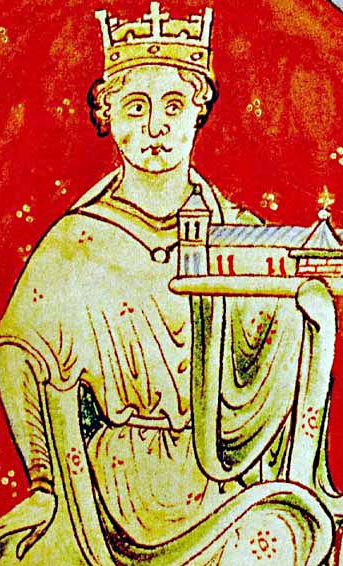
The King wrote to the Pope inquiring who was this Stephen Langton, of whom he knew nothing except that he had lived among his enemies, and, to emphasize the fact that he had never heard of him, took away from him his prebendal stall at York. Never would he receive him, nor should those traitorous monks who had disobeyed his orders escape punishment. But Innocent was not moved from his purpose, and consecrated Stephen at Viterbo. Then ensued a long struggle between the King and the Pope, while Stephen, the unhappy cause of the quarrel, did his best to act as peacemaker, though John was so false and so subtle that it was impossible to accept his guarantees. The King turned out the monks from Canterbury, and vowed that Langton should never be received in England. The Pope replied by placing England under an interdict, which involved the suppression of most of the religious services. But the interdict failed to secure the King’s submission, and John was still harsher in his treatment of the clergy. One archdeacon who left his services he had crushed under a cope of lead; a robber who had killed a clergyman was released for having killed the King’s enemy. Most of the bishops fled the country. The interdict was followed by the excommunication of John himself; but the King only plunged into worse excesses. His hand fell heavily on every class of the community ; he indulged in cruelty out of sheer wantonness; his foreign mercenaries, on whom he relied to maintain his position, carried murder and rapine through the land; no home was safe from lust and cruelty. The fidelity of the barons who had supported the King, despite the interdict and excommunication, was rewarded by inconceivable outrages on their families.
All this time Langton had been at Pontigny in Burgundy, the scene of the exile of Becket in years gone by. There he had devoted his leisure to writing commentaries on the Scriptures, and a Latin poem on the Creation, a life of Richard I, and possibly a life of Mahomet. He had also performed one piece of work which has lasted to this day— we still use the division of the Bible into chapters for which Langton was responsible. To Pontigny came many from England with tales of the unbearable oppression of the King, and at last Langton appealed to the Pope to pronounce the deposition of this King who cared not for God, and regarded not man. Innocent proclaimed a crusade against John, which was to be led by Philip Augustus, but the King of France had his price, and that price was the remission of his sins (an extensive order in the case of Philip Augustus), and the throne of England, to be rendered vacant by John’s deposition.
And now John was really frightened. He had speedy evidence that the patriotism of Englishmen would not suffer the invasion of his kingdom, but he knew well enough that their hatred of him would make them ready to change their King. Moreover, a certain prophet, Peter of Wakefield, was proclaiming that on the next Ascension Day (May 23, 1213) John should have ceased to reign, and prophecies have an inconvenient way of securing their own fulfilment. John knew that his real enemy was the Pope, and he made peace with him. He consented to become the Pope’s vassal. England was to become a fief of Rome, and John was to pay a thousand marks a year. At Ewell, near Dover, John met Pandulph, the Pope’s legate; terms of peace were agreed upon, and a charter was sealed. So, when the fated Ascension Day came John was on the throne, but everybody felt that the prophecy had been fulfilled, so different did his authority seem to be after his surrender to the Papacy. Still the King was not ready to accept this interpretation, but hanged Peter as a false prophet.
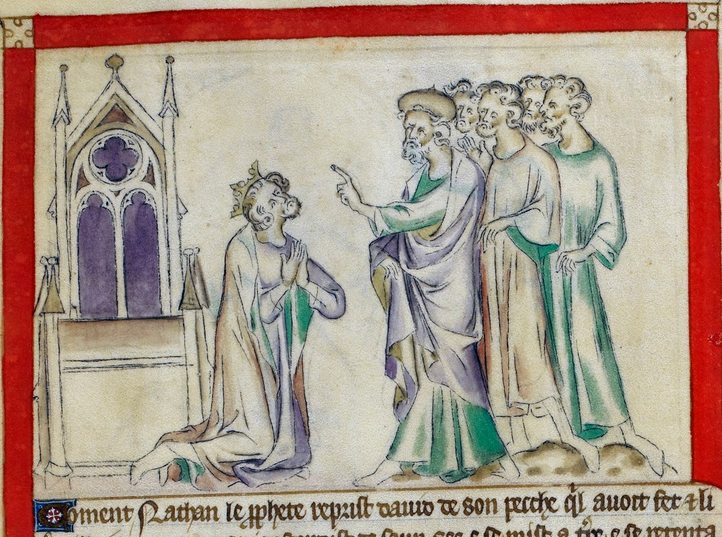
Now the way was open for the return of Stephen Langton, and two months later, having secured a safe-conduct on which he could rely, he landed near Portsmouth, and met John out side Winchester. The excommunicated King threw himself on the ground before the Archbishop, and begged for pardon, and the Archbishop, moved to tears and forgiveness, raised him to his feet, and in solemn procession the King and Archbishop and their retinues went to the cathedral chanting the Miserere, and the Archbishop, as though the interdict and excommunication were no more, pronounced absolution upon Johner his heinous faults. But Langton was soon to see how much the interests of the Church of Rome and the English Church clashed. For there arrived in this island a new Papal legate, one Nicolas of Frascati, sent out by Innocent to superintend his newly acquired fief. This man travelled in England with the dignity of a prince, for which the impoverished Church had to pay. He filled up livings regardless of the rights of patrons or the moral worth of those whom he appointed; he deposed abbots as he chose, and acted as if he were bishop of every see. Just as Langton had opposed the oppression of the King, so now he opposed the oppression of the Pope. But slander was busy with him at Rome, and Pandulph, who had gone back to report to Innocent, declared that of all the kings of the earth he had seen none so humble, moderate, or excellent as John, and that Langton was guilty of unjustifiable avarice, and persecuted the pious King who had so religiously returned to the bosom of the Church.
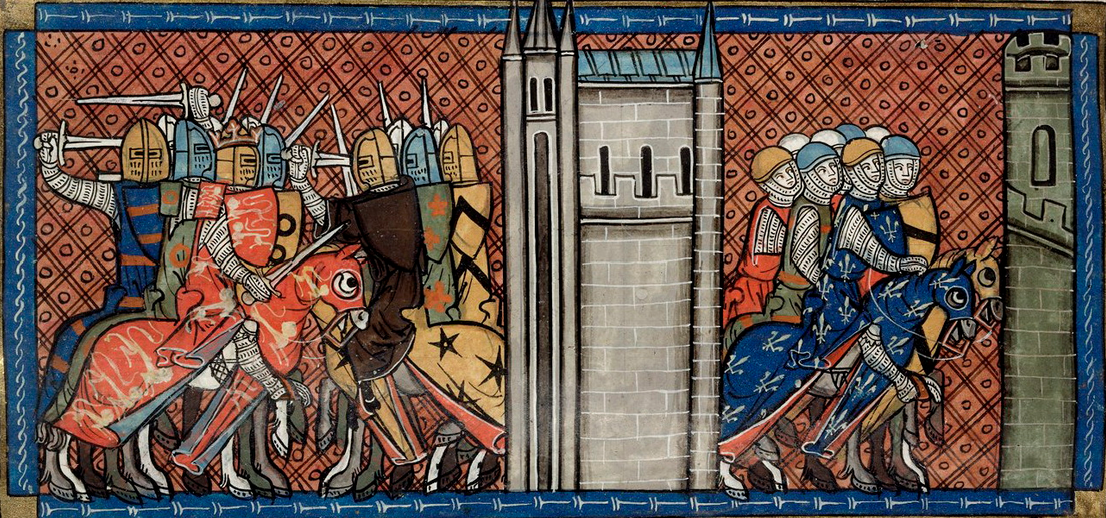
Philip had contemplated the invasion of England, but had been foiled. Now John invaded France, eager to recover the dominions he had lost, but disaster attended his arms. The barons of the North felt more than ever justified in opposing not only a tyrant, but a defeated tyrant, and, what is more, a tyrant who was at present without the support of the foreign mercenaries on whose help he usually relied.
This rebellion of the nobles might have been like many previous rebellions of nobles against the King, had it not been for Langton. The barons of the North had often risen against the Crown, as in Stephen’s reign, and in support of young Henry against Henry II in 1173. But the movement now was a national movement. Not only did the barons act together, as never before, but Church, nobles, and people were united, and the demands made were for the liberties of all classes, and not merely of the rich. In the year 1213 Langton had claimed a renewal of the charter granted by Henry I, and at a council held at St. Paul’s had read it aloud to the people. Now, on the King’s return from the wars, these demands were presented. In November, 1214, at St. Edmundsbury they threatened war on John unless he gave them the laws and liberties they demanded. John asked for time, and during the interval took the cross, as a sign that he intended to go on a crusade, and obtained from the Pope a remonstrance addressed to Langton not to throw hindrances in the way of his pious intention. In April, 1215, they presented the King with a schedule of their demands, and on his refusal to agree to them, renounced their homage and allegiance, and appointed Robert Fitzwalter ‘marshal of the army of God and Holy Church.’ The King, wildly incensed at the demands, cried : ‘Will they take my crown from me ?’ But soon he found the bulk of the nation against him, and saw London was heartily on the side of the ‘rebels.’ Langton had tried to exercise a moderating influence on both sides, and we see his hand in the form that the Great Charter took. His pressure and the force of circumstances compelled the King to agree to make terms with the barons, and the meeting was arranged at Runnymede, an island in the Thames between Staines and Windsor.
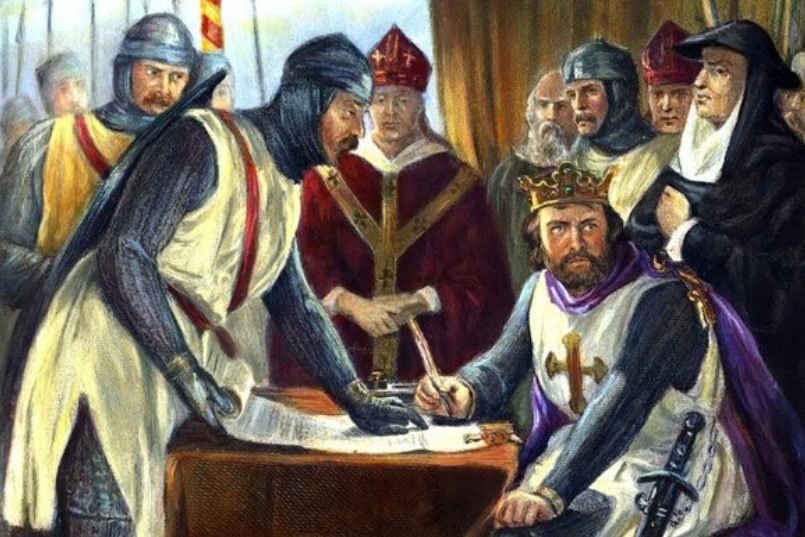
On June 15, 1215, the King and the barons met, and the Great Charter was signed—that guarantee of the liberties of the English people of which Hallam says that ‘all that has since been obtained is little more than confirmation and commentary.’ We see in it the largeness of Langton’s aims, for the rights that the barons claim for themselves as against the King they guarantee for the people against themselves. By it is secured that the English Church shall be free ; that justice shall not be sold; that the King shall not levy taxation except in certain stipulated cases, and those under the control of representatives of the nation; that no man can be legally detained in prison without trial.
John signed, but he had no intention of keeping the agreement. In private he broke out into ungovernable rage, ‘gnashed his teeth, rolled his eyes, caught up sticks and straws and gnawed them like a madman, or tore them into shreds with his fingers.’ But in public he presented a calm and even gay demeanour. Langton, having gained the Charter, was on the point of going to Rome, where a great Church council was being held, when Pandulph, who had returned from Italy, presented himself with the Bishop of Winchester t0 the Arch bishop, bearing the orders of the Pope that the Great Charter must be annulled and the barons lay down their arms, and that the Archbishop was to see that the bulls ordering these things should be read every Sunday and festival in all churches: Langton absolutely refused to obey such an order. He was declared ‘contumacious’ in disobeying, suspended from his office, and even forbidden to enter a church. Langton quietly disregarded this treatment, and proceeded on his journey to Rome; but the Pope, despite his old friendship, gave him a very cold reception, and, having heard what purported to be an account of Langton’s conduct, confirmed the suspension of the Archbishop from his office.
As soon as the Archbishop had gone from England, things became worse than before. John’s barbarities, and those of the foreign mercenaries that attended him, baffled description. At last many of the barons offered the crown to the French Dauphin, and it was only John’s death that saved the throne for the dynasty. For Henry III, a boy of nine, had committed no crimes against his people, and the loyal elements of the nation soon combined to drive the foreigner out. In 1218, after the Treaty of Lambeth, Stephen Langton returned; but he occupied a less prominent place henceforward in the political life of the nation. He secured several renewals of the Charter on the part of the young King. In order that there should be no question about the legality of the young King’s position, he crowned and anointed him once more at Westminster.

The principal events of the rest of his life were to preside over the stately ceremony of the translation of Thomas Becket’s bones to a magnificent shrine prepared for them in Canterbury Cathedral—a ceremony at which vast numbers of the greatest in this and other realms attended—and to hold a Church Council at Oseney, near Oxford, important as drawing up canons for the guidance and discipline of the clergy. In 1228 he died at one of his manor-houses—Spilsdon, near Chichester—and was buried in Canterbury Cathedral, where a tomb of somewhat doubtful authenticity is pointed out to this day as marking his resting-place.
Of the long line of great Archbishops, there is none more worthy of the admiration and gratitude of Englishmen than Stephen Langton. The virtues of others are sometimes disputed: there are those to whom Dunstan appears too overbearing, Lanfranc too regardless of national feeling, Becket too uncompromising an upholder of his order. But no one can dispute the high statesmanship of Langton, his elevated patriotism, his unflinching boldness; all must admire the way in which he impressed his own ideals on the rough barons, and turned what might have been a mere rising for redress of personal wrongs into a great national movement, the influence of which was felt throughout the course of English history.

